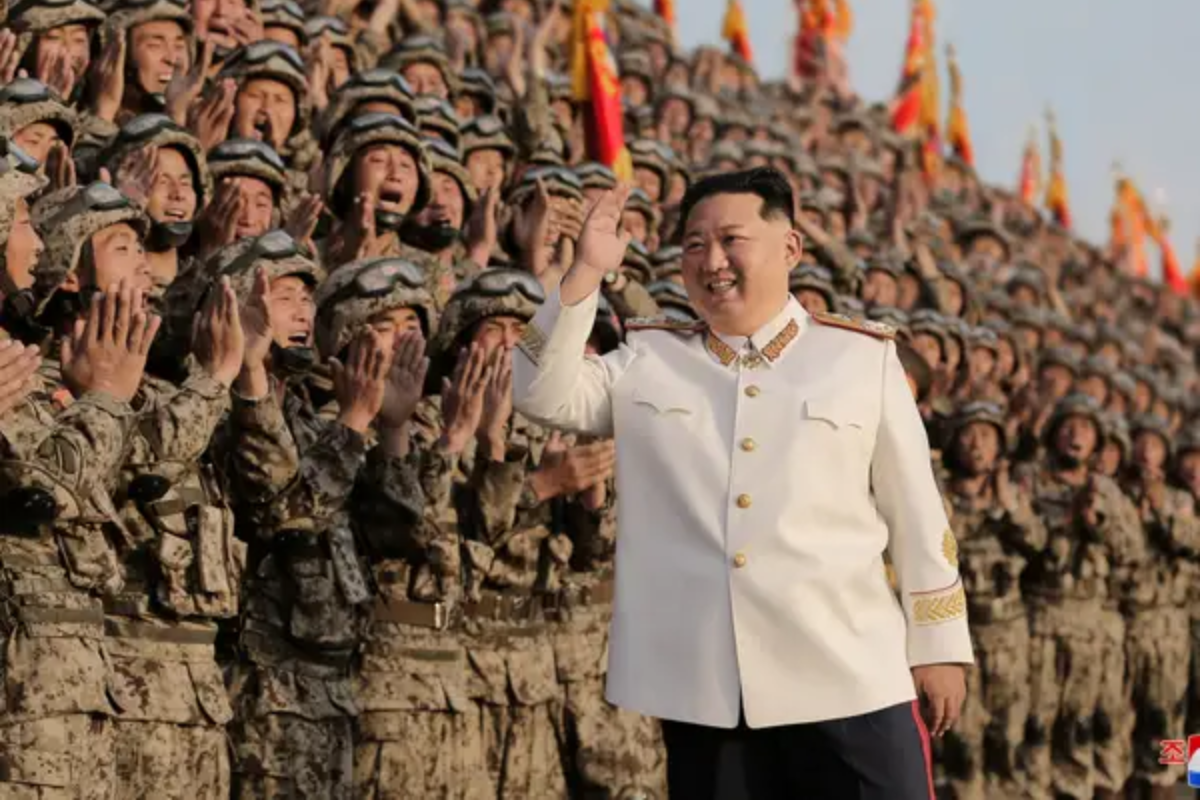Reports have emerged suggesting that North Korean troops have pulled back from the front lines of the Russia-Ukraine war, raising concerns about their role in the conflict. While the precise reasons for the withdrawal remain unclear, the move could signal a shift in North Korea’s involvement in supporting Russia’s military efforts.
“The pullback may signal a shift in North Korea’s involvement,” said a military analyst. North Korean forces had reportedly been deployed to assist Russian troops in occupied territories of Ukraine, providing logistical support and helping with military operations.
North Korean involvement in the war had drawn significant attention from the international community. In exchange for sending soldiers and military supplies to Russia, Pyongyang had received promises of economic aid and military technology. However, the pullback has led many to question whether this partnership is beginning to unravel.
North Korea’s role in the conflict included sending artillery shells, ammunition, and other weapons to Russia. Reports suggest that North Korean soldiers had been stationed alongside Russian forces, particularly in regions like Donbas, to bolster Russia’s front lines. While their presence was not widely publicized, it was seen as an attempt by Russia to compensate for dwindling resources and manpower.
Analysts believe the withdrawal may reflect North Korea’s reevaluation of its alliance with Russia. One possibility is that North Korea may be reassessing its strategic interests in light of growing international pressure. The war in Ukraine has become a major flashpoint in global geopolitics, and further entanglement could risk further isolation for North Korea, already under heavy international sanctions.
The pullback could also be influenced by domestic factors within North Korea. The country has faced severe economic challenges, exacerbated by ongoing sanctions and the COVID-19 pandemic. These issues may be limiting North Korea’s ability to continue its support for Russia, especially if they cannot extract enough benefits in return.
Russia’s military has been increasingly stretched as the war continues, with significant losses in personnel and resources. North Korea’s withdrawal could complicate Russia’s efforts to maintain momentum in the conflict. Military experts suggest that Russian forces might now face difficulties filling the gaps left by the retreating North Korean troops, particularly in logistical and defensive operations.
The Ukrainian government has not officially commented on the pullback, but some analysts believe it could shift the balance of power on the front lines. North Korean forces were mainly involved in supporting defensive positions and ensuring the supply of weapons and supplies to Russian troops in the region. With their absence, Ukraine could gain an advantage in retaking territories currently under Russian control.
International leaders are closely monitoring the developments. If North Korea’s pullback continues or becomes more significant, it could signal a larger shift in the dynamics of the war. Some experts believe this could open up new opportunities for diplomatic talks, but it remains unclear whether Russia can afford to lose such an important ally.
Russia may seek new partners to fill the void left by North Korea, possibly turning to other countries with military expertise and resources. China and Iran are often mentioned as potential allies, but it remains uncertain whether they will increase their involvement.
The situation is fluid, and the withdrawal of North Korean troops could have far-reaching implications. As the conflict in Ukraine drags on, global leaders will continue to assess how shifting alliances will affect the war’s trajectory. The international community is also keeping an eye on North Korea’s next steps, as its role in the conflict may have lasting effects on regional security.




